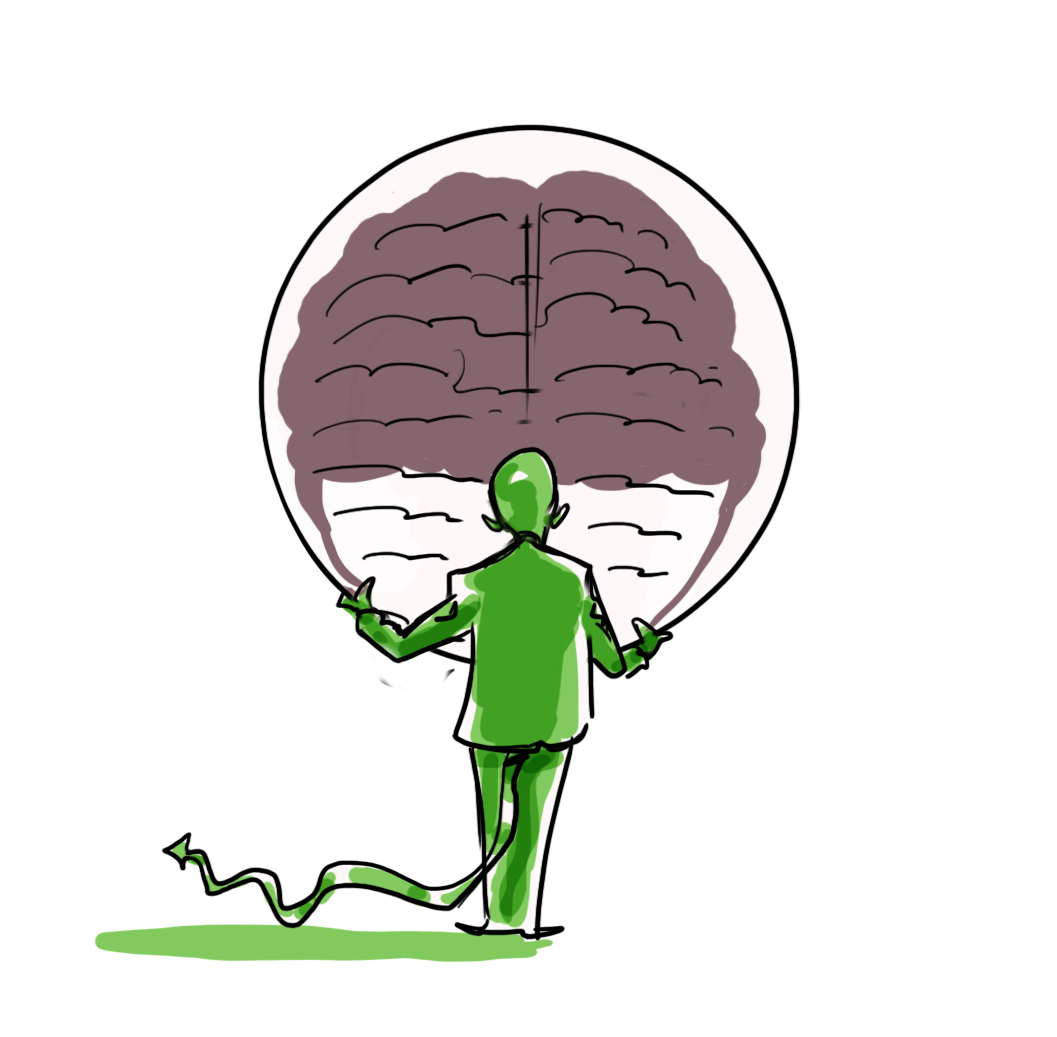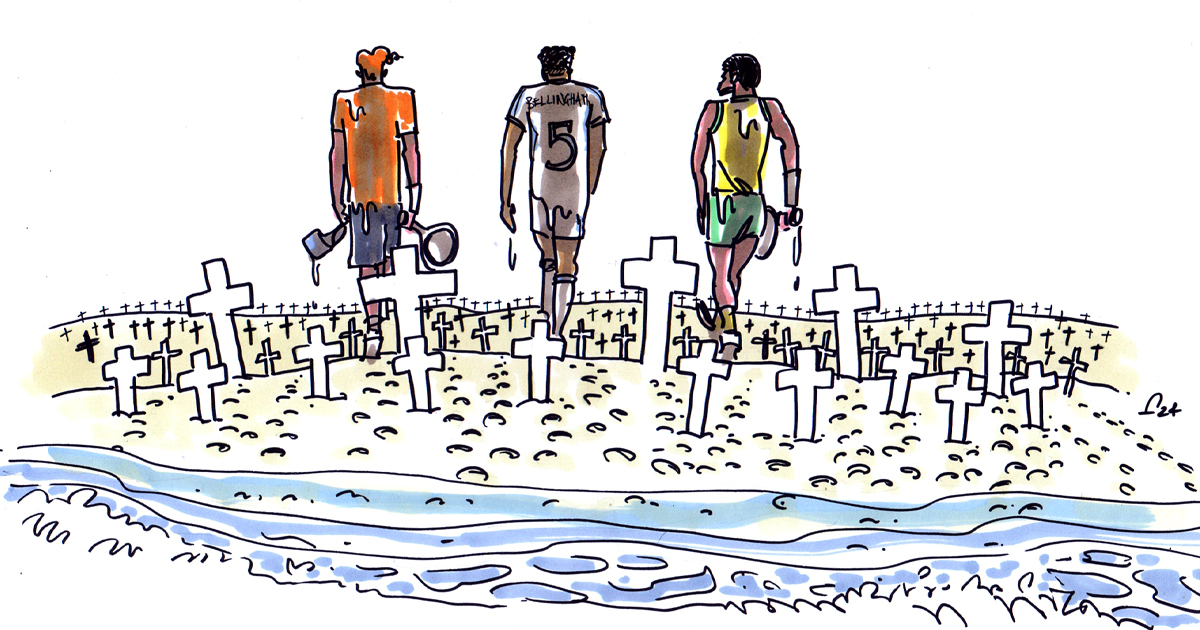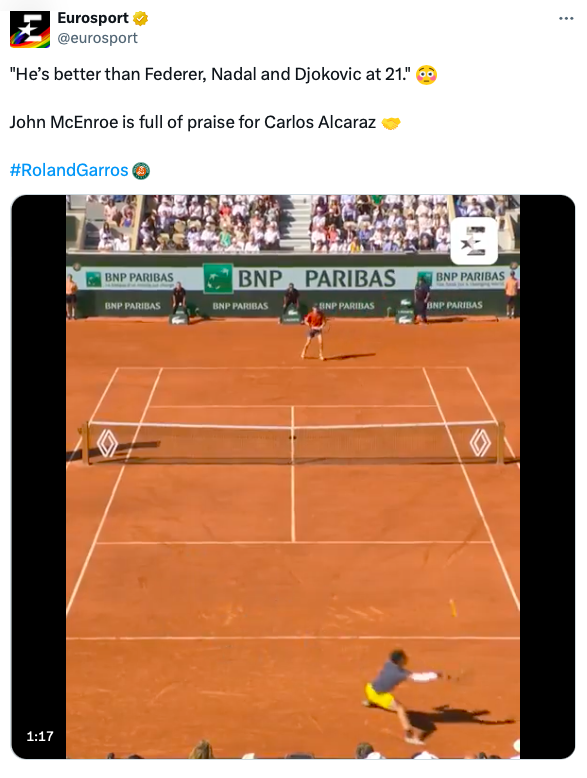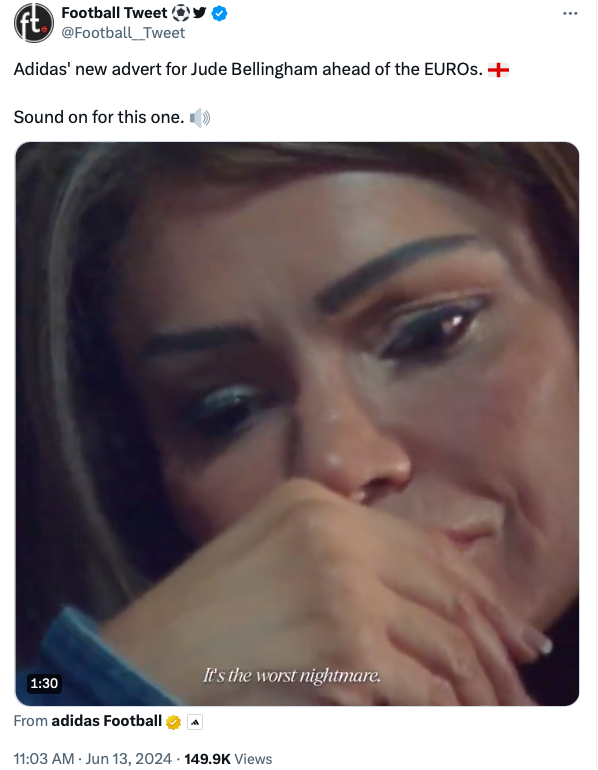Certain moments, anniversaries, seduce you to reflect on the passage of time, regrets, missed opportunities. Some can pull focus on all that better than others.
And then there are people on a different level again. The artists.
These folks don’t just paint nice pictures, or sing nice tunes. They see things, often well in advance of the rest of us.
Jacopo Z, this Column’s own resident artist, illuminates us every week in this diary with a vision not apparent in the prose.
Artists will feature a lot in today’s Column.
🎶Better stop dreaming of the quiet life
‘Cause it’s the one we’ll never know
And quit running for that runaway bus
‘Cause those rosy days are few
And stop apologizing for the things you’ve never done
‘Cause time is short and life is cruel but it’s up to us to change…
Rows and rows of disused milk floats
Stand dying in the dairy yard
And a hundred lonely housewives clutch empty milk
Bottles to their hearts
Hanging out their old love letters on the line to dry 🎶
This lyric is arguably one of the finest examples of pathos you will ever see, summing up a working class life of drudge. Milk bottles and love letters all that remain of those very few thrilling years of exciting young love.
Weller was 23 when he wrote it. Where does this perspective and sensitivity come from, at that age?
The Irish Independent described the song as a “class-war tirade set to a post-punk northern soul groove”. Greg Freeman of The Guardian described it as featuring a “stomping, Motown-inspired beat” conveying a “sense of pent-up rage and frustrated ambition”. (Wiki)
It’s easier described as poetry.
Many of us never ever “get” poetry, grinding our teeth at an order of words that is just incomprehensibly “wrong”. But song lyrics from the greats, who in three minutes describe the most perfect landscapes? Those work.
This isn’t a dress rehearsal.
As we can see, today’s Sunday Column is absolutely skewed more to romantic philosophy than callous pragmatism. In this era of robots and AI, humanity feels so so attractive, yet fragile and fleeting.
🎶Stop apologising, …for things you’ve never done. 🎶
Those of us now at the age of Jose will understand this. No matter how full the life you may have led, there is always a little voice in your ear reminding of when you chose to drive with the hand-brake on.
You don’t get those days back. They are gone, and there is not one person reading today’s Column, who wouldn’t want to go back to 18, and in some way…
🎶 re-write an ending or two. 🎶
Sara Bareilles here looks back at her younger self and a girl she used to know. This is a real artist. Find her playlist.
The clay of Paris.
I watched Alcaraz win the French Open.
I admired not just the talent and skill, but more the recovery from being behind in the semi and final. He never ever lost his confidence, and it’s just not normal to have that kind of body language and winning mentality at his age. Combined with a worldly wisdom, similar to Weller, well beyond his years.
You have to find joy in suffering. I think that’s the key. Even more so here on clay, at Roland-Garros. There are long rallies, the matches are long, over 4 hours today, 5 sets. You have to fight, you have to suffer, but as I’ve told my team many times, you have to appreciate suffering in a certain way. – Carlito Alcaraz
Our American cousins are binary in describing all this. Their world of simplicity contains only winners, or losers. Nothing in between. The Neapolitan artist Pino Daniele, instead, knows the truth.
🎶Napule è mille culure, Napule è mille paure 🎶.
Naples is a thousand colours, and a thousand fears. Over a lifetime you will be both conqueror and vanquished, alternately strong, and impotent. Winner and loser. You have to appreciate this suffering in a certain way.
Only 3 minutes long, all Italians agree that this song is the definitive description of what is a totally unique city. A beautiful jungle, where you need your wits about you every single day. Or you die, perhaps literally.
There, only there, do they have a specific word for guys like Alcaraz.
Cazzimma.
Grit, edge, presence, whatever-it-takes, self-belief, hustle, wily, never-say-die. It’s actually impossible to articulate; you need music or image to do it justice.
Something like this.
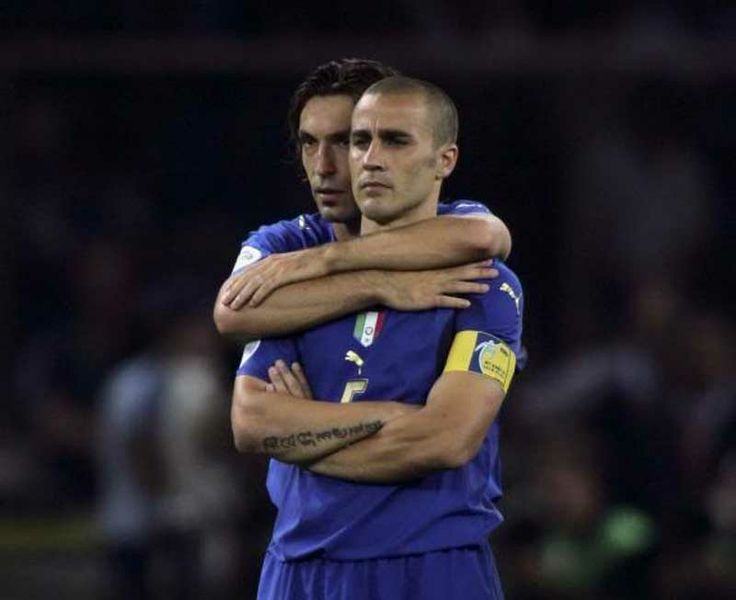
In those key key moments, like Pirlo in Berlin, you will always be drawn to that guy. And if you listen to Johnny Mac, Alcaraz has exactly this cazzimma.
Better at 21 than Federer, Nadal, and Djokovic.
Above all this, and important for a sportsbiz column, it’s now clear that Alcaraz and Sinner have definitively ended the last era of tennis, and it is now their time.
A moment that should bring real optimism for the sport. Sure all the problems of product/market fit and governance still exist, but they have the golden ingredient. Two very young rivals of real quality and charisma, who will push and define each other, and the sport, for a decade.
P.S. Sinner is the world’s No1, the very first ever Italian to do that. He is an outlier talent. A good hard-working boy from a nice family.
He needs to build the cazzimma, and he knows it. These new kids are often very very self-aware.
So, if one has any sensitivity at all, they will for sure be feeling the frisson right now, around this “change of generation”.
The best storyline for the Euros will be Jude Bellingham.
It’s their time, and that’s important.
Why?
The post-iPhone generation is entering adulthood.
They say Gen Z starts in 1997, but that’s an artificial boundary. Jobs launched the iPhone in 2007 and that, right there, was the paradigm-shift moment. Those who grew up knowing a smartphone, from day 1, are just different to those of us who adopted it en passant. Very different. So, it is reductive to talk about these new kids on the block as merely an audience to be targeted, a demographic to be understood, a consumer behaviour to be monetised.
It’s so so much more than that.
The digital-first generation are now entering this world in the first person, to make their mark, in precisely the same moment as what is clearly a 4th turning all across the board. Every institution in the world has never been shakier, from Wall Street, to Wharton, to Westminster. From ESPN to the ECB. And that is the precise definition of “The Turning”.

From “Sport’s Perfect Storm“
For many tedious years now, we have all opined on this Generation Z: their values, their wokeness, their Greta-greenness, their entitlement, their attention-deficiency, their wallet behaviours.
Their psyche.
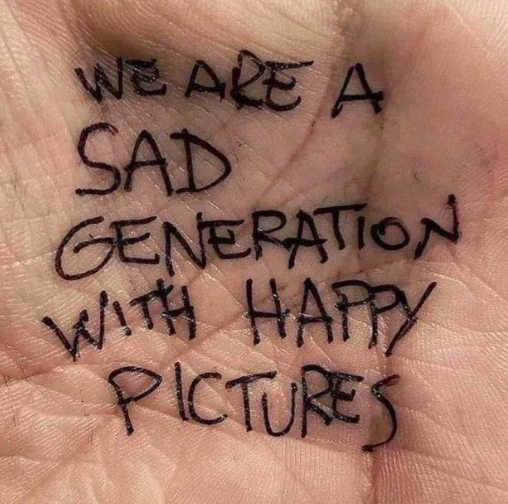
Well, they are now no longer our lab rats for study. They are climbing onto the stage themselves.
Like Alcaraz and Bellingham. Like our own kids.
And that’s so so exciting, because this generation is significantly less predictable that the one before them. Millennials in the main haven’t been radical so far, have they?
So, what have this new lot got in store for us, in their golden period (18-25)? Why is all this interesting right now?
It is this.
We cast the die of our destiny before 25.
Einstein was 25, when he published his 4 major papers in his “Annus mirabilis” of 1905.
Alexander had conquered the world in his early 20s. Joan of Arc was still in her teens. Nelson captained his first ship at 20. The Beatles were clustered around 25 when they wrote “Sgt Peppers“.
In sport, Diego, Pelé, Messi, Maldini. Tiger, McEnroe at the first Wimbledon. They all arrive in this age.
Bobby Fischer was US chess champion at 14, Mozart, Stevie Wonder.
Kate Bush wrote this at 13 or 14.
The point being that by far the most formative, creative and productive period for humans is up to 25. That’s when the die is cast. All the post-smartphone generation are entering that window.
That is not to say there isn’t value to be added after. Claudio Ranieri hit his zenith after 60. Many great authors only get going with experience and wisdom. Leadership and coaching improves with age for sure. But even these people all built their futures with decisions they made before 25.
Why is this age so important?
Because it is the moment of adulthood of least responsibility. Where the best and bravest decide to fly the nest and just follow instinct. It’s when you announce yourself to the world, and find out how good you really are, without the safety net of mummy and daddy.
Once spouses, kids, financial and business pressures appear, you play a more calculated and reasoned game, balancing agendas. You think too much, tinker too often, look for the value bets, play the percentages.
In younger clothes, you just spill out your guts on whatever is your thing. Dylan likely didn’t stop for a second to think how to write his early songs; it just flowed from what he needed to say as an angry young adult. He wrote “Like a Rolling Stone” at 24. That was likely his peak.
🎶 Ahh you’ve gone to the finest schools, alright Miss LonelyBut you know you only used to get juiced in itNobody’s ever taught you how to live out on the streetAnd now you’re gonna have to get used to it 🎶
The generation of Alcaraz and Bellingham will need to get us through the 4th Turning, to help us live out on the street, and all that is going to be a great story to watch. It won’t be banal.
It starts now.
These kids should jump right in.
🎶 Never wait or hesitate
Get in kid, before it’s too late
You may never get another chance 🎶
“The Killing of Georgie” (Part I&II) is a mid 70s Rod Stewart song genuinely 50 years ahead of its time. This was a period where gay men were universally parodied for laughs in grotesque caricature. Shortly before that, they were still giving Alan Turing electro-shock treatment. Their “illness” was actually considered a crime. This song, instead, was the first time many of us had heard a tale where the protagonist, gay, was the coolest, most popular guy in the room. The shining light of New York society, the “toast of the Great White Way”.
Georgie was murdered in a mugging gone wrong. The light went out.
Youth’s a mask but it don’t last, live it long and live it fast, Georgie was a friend of mine.
All of this Column today is really just a wandering, drifting, clumsily-edited mechanism to remember all of those kids who too were killed, and didn’t get a chance to grasp their own moment. They left all their hopes and dreams on a French beach, 80 years ago.
What would they have done? What decisions would have they made? Who would they have become?
There was one poem that I personally did “get”, and I took it to my A’ level English. A young soldier, called Wilfred Owen wrote it.
Bent double, like old beggars under sacks
Knock-kneed, coughing like hags, we cursed through sludge,
Till on the haunting flares we turned our backs,
And towards our distant rest began to trudge.
Men marched asleep. Many had lost their boots,
But limped on, blood-shod. All went lame, all blind;
Drunk with fatigue; deaf even to the hoots
Of tired, outstripped Five-Nines that dropped behind.
Gas! GAS! Quick, boys!—An ecstasy of fumbling
Fitting the clumsy helmets just in time,
But someone still was yelling out and stumbling
And flound’ring like a man in fire or lime.
Dim through the misty panes and thick green light,
As under a green sea, I saw him drowning.
In all my dreams before my helpless sight
He plunges at me, guttering, choking, drowning.
If in some smothering dreams, you too could pace
Behind the wagon that we flung him in,
And watch the white eyes writhing in his face,
His hanging face, like a devil’s sick of sin,
If you could hear, at every jolt, the blood
Come gargling from the froth-corrupted lungs,
Obscene as cancer,
Bitter as the cud
Of vile, incurable sores on innocent tongues,–
My friend, you would not tell with such high zest
To children ardent for some desperate glory,
The old Lie: Dulce et decorum est
Pro patria mori.
Wilfred Owen died in the last week of WW1, at Sambre a’ L’oise in France. He was 25.
One day you’ll ask yourself what you did with your life, and whether it was any good. That report card starts at 18.
Carpe diem.
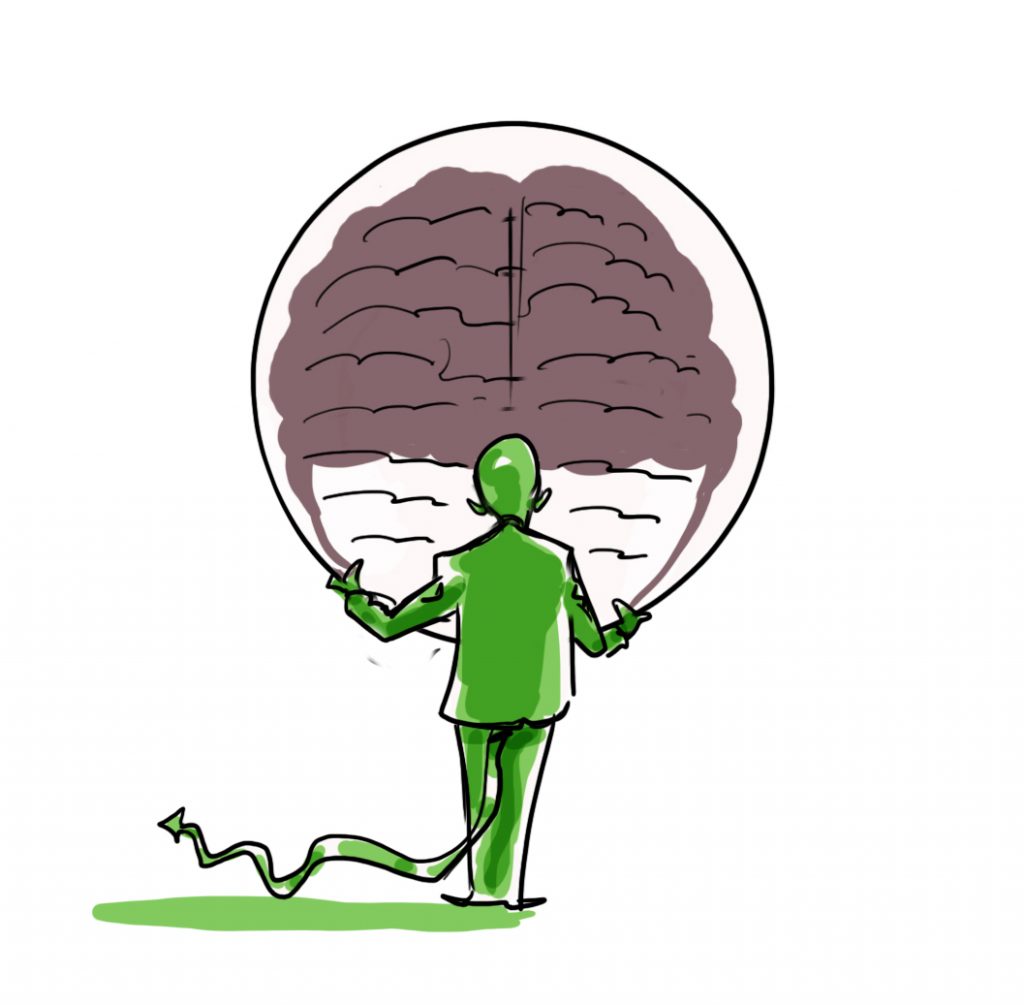
To order the Limited Edition of Roger Mitchell’s book “Sport’s Perfect Storm“, click here and fill the form.
Listen to our “Are you not entertained?” sports management podcast here.
To find out what we do in change management, have a look here.
For our C-suite management services, read here.
Here you can know more about our content development work.
Discover our Corporate Learning service.
Get to know more our “Sport Summit Como” yearly sports management event here.
If you want to read our own story, go here.

